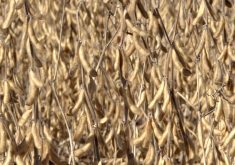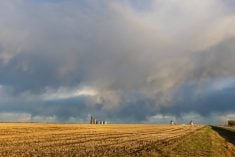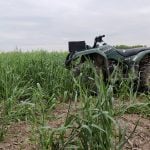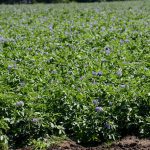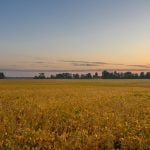A pattern of rain that will fall across Western Canada from late August into early September is expected to delay the harvest of some field crops, an industry official said.
But, the expected precipitation probably won’t be heavy enough to cause any crop damage, said Drew Lerner, weather specialist with Kansas City-based World Weather Inc.
Some farmers have already begun to harvest their field crops in Western Canada. So far, Lerner said, they have been experiencing generally good weather conditions, with localized problems.
"We’ve had some issues with excessive rains in some locations but it is hit-and-miss as far as who is ready to harvest," he said. "So, I don’t think it’s a big deal right now."
Read Also
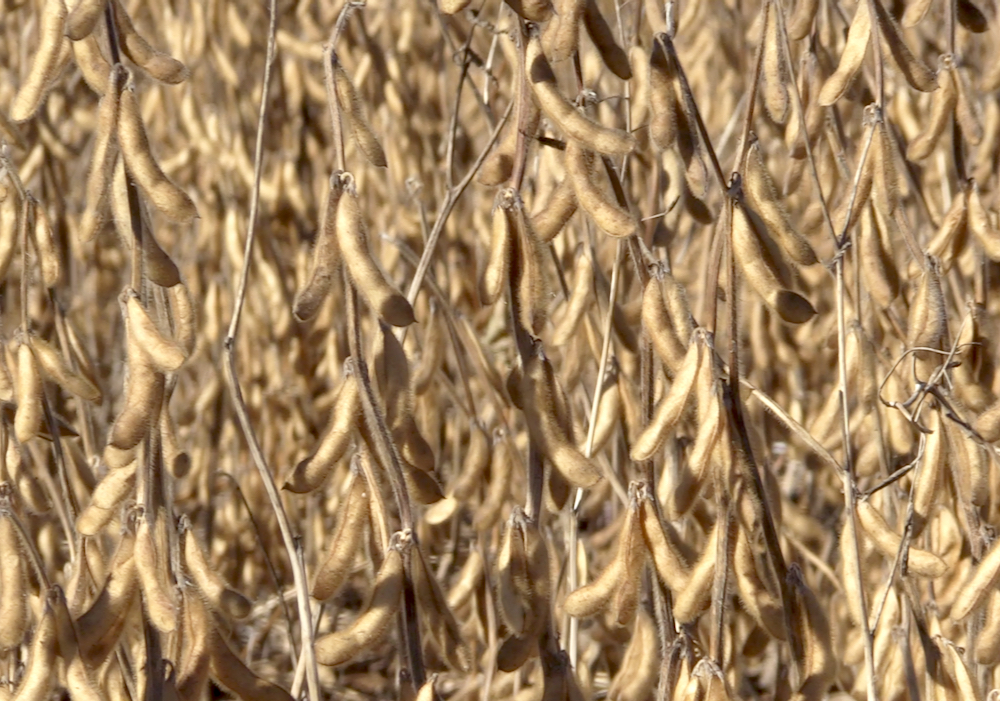
CBOT Weekly: Grain, oilseed futures under pressure
November soybeans lost 23 U.S. cents per bushel during the week, while corn and wheat losses ranged from five to 10 cents.
Most of the Prairies will experience some rainfall during the week of Aug. 13-17, with the eastern Prairies seeing the most precipitation.
"I don’t think the rainfall is going to be all that great in the western regions, so the interruptions to the harvest in the west will be fairly brief and will go back into a dryer, warmer pattern next week (Aug. 20-24)."
The eastern region will experience a more prolonged period of cooler temperatures and rain and will therefore have a smaller window of time where weather will be ideal for harvest than in the west, Lerner said. Ideal harvest conditions probably won’t be seen until mid- to late August in the eastern region of the Prairies.
Lerner said the latter part of the harvest season is expected to be mostly dry in Western Canada, which is sparking concerns about potential frost damage.
"I’m a little bit concerned about the dryer and the cooler bias that’s playing out in many areas around the Northern Hemisphere," he said. "I think there’s some potential that we’ll see some frost and freezes, probably in early September."
There is a possibility that the risk of frost damage could be reduced if a wetter weather pattern starts to emerge, Lerner said.
— Terryn Shiells writes for Commodity News Service Canada, a Winnipeg company specializing in grain and commodity market reporting.


